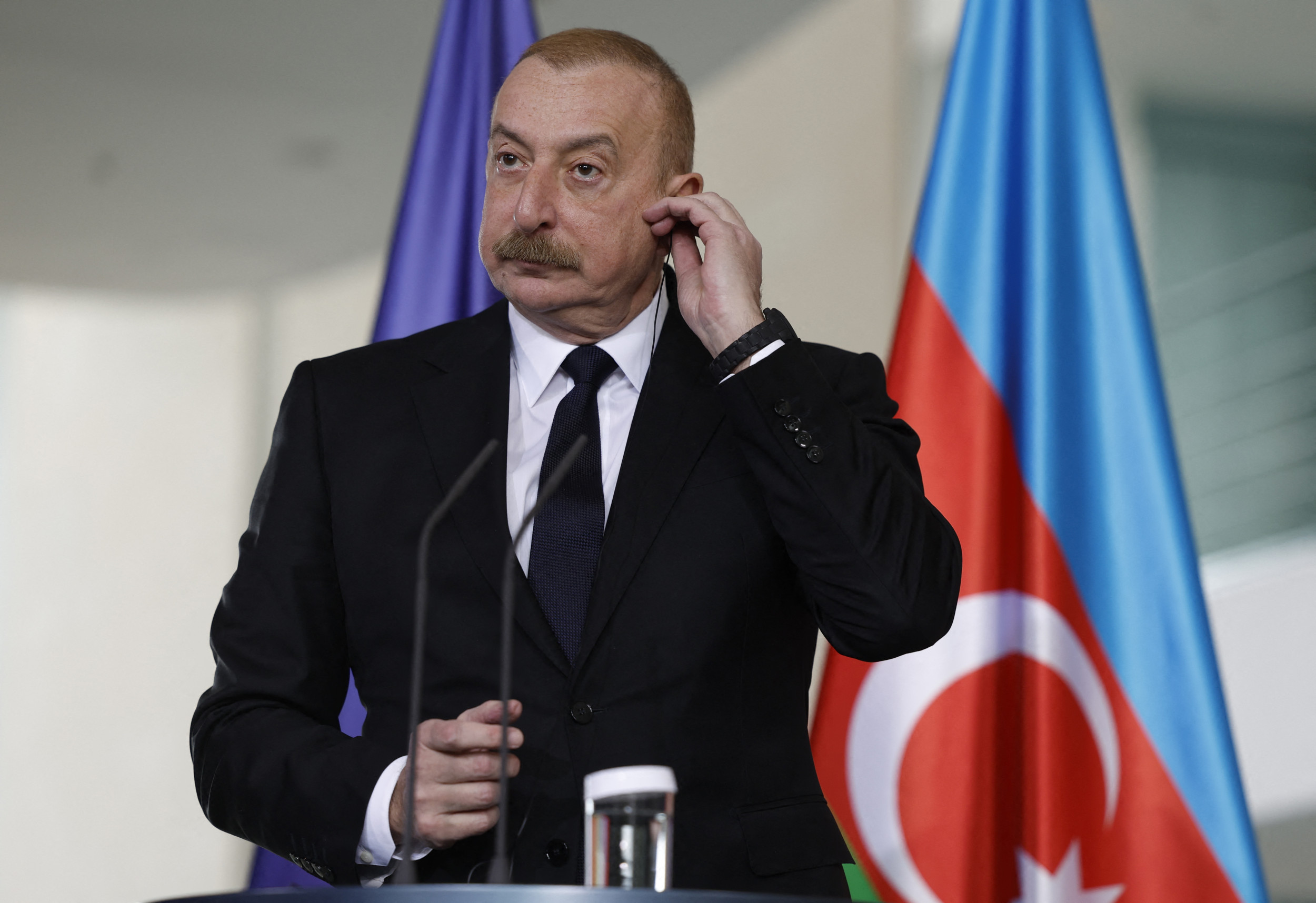Azerbaijan's Crisis: Will Trump Intervene? A Deep Dive into Geopolitical Tensions
The escalating crisis in Azerbaijan has captured global attention, raising concerns about regional stability and the potential for further conflict. With tensions simmering between Azerbaijan and its neighbors, speculation abounds regarding the potential involvement of external actors, particularly the United States under the Trump administration. This article delves into the complexities of the situation, exploring the historical context, current events, and the likelihood of a Trump-led intervention.
Understanding the Roots of the Conflict
The current crisis in Azerbaijan is deeply rooted in historical grievances and unresolved territorial disputes. The Nagorno-Karabakh conflict, a decades-long struggle over the predominantly Armenian-populated region within Azerbaijan, has been a major source of instability. This conflict has resulted in numerous casualties and widespread displacement. The recent flare-ups represent a significant escalation, raising fears of a wider regional war.
Key Players and their Interests:
- Azerbaijan: Aims to regain control over Nagorno-Karabakh and surrounding territories. Their actions are driven by a desire for territorial integrity and national sovereignty.
- Armenia: Seeks to protect the rights and security of the Armenian population in Nagorno-Karabakh and prevent further Azerbaijani aggression. Their involvement is based on self-determination and historical ties to the region.
- Russia: Maintains close ties with both Armenia and Azerbaijan, attempting to balance its relationships while safeguarding its regional influence. Their strategic interests often clash with those of other international actors.
- Turkey: A strong ally of Azerbaijan, providing significant political and military support. Turkish involvement is fueled by pan-Turkism and regional power dynamics.
- United States: While maintaining diplomatic ties with both countries, the US has expressed concerns about the escalating violence and the potential for regional destabilization.
The Trump Factor: Intervention or Observation?
The question of whether former President Trump would intervene in the Azerbaijan crisis is complex. While his administration focused on withdrawing from international conflicts, Azerbaijan's strategic location and its ties to Turkey (a key NATO ally) make it a region of significant geopolitical interest to the US.
Possible Scenarios:
- Limited Intervention: The US might opt for diplomatic pressure, utilizing sanctions or other economic levers to influence the behavior of conflicting parties. This approach prioritizes de-escalation without direct military involvement.
- Increased Military Aid: The US might provide increased military aid to either Azerbaijan or Armenia (though this would likely be politically contentious). This would signal support for one side while risking further escalation.
- No Intervention: The US might choose to remain on the sidelines, prioritizing other geopolitical priorities. This would allow regional powers to manage the crisis with potential consequences for regional stability.
Analyzing the Likelihood of Trump's Involvement
Several factors influence the likelihood of a Trump intervention:
- Domestic Politics: The domestic political climate in the United States would significantly impact any decision regarding foreign intervention.
- International Relations: The US's relationship with other key players such as Russia and Turkey would play a crucial role.
- Regional Stability: The risk of regional escalation would be a significant consideration for the US government.
Conclusion: Navigating a Complex Geopolitical Landscape
The Azerbaijan crisis is a multifaceted issue with deep historical roots and significant international implications. The possibility of former President Trump's intervention remains uncertain, depending on a complex interplay of domestic and international factors. It's crucial to monitor developments closely and remain informed about the evolving geopolitical landscape in the region. The potential consequences of inaction are substantial, underscoring the urgent need for peaceful resolution and international cooperation.
Further Reading: (Links to relevant articles and news sources on the Nagorno-Karabakh conflict and US foreign policy)
(Note: This article provides a general overview and analysis. For the most up-to-date information, refer to reputable news sources and official government statements.)
